This morning, we are seeing equity markets meander after a big slug of economic data. The key reports showed that retail sales fell more than expected. The headline number fell -0.8% when -0.2% was expected, and the Control Group[i] fell -0.4%, versus the +0.2% consensus. Bonds initially rallied by about 5 basis points, but those gains had largely evaporated shortly before noon. Stocks initially rallied too, but those gains also faded. That leads us to wonder whether stocks were simply following bonds or genuinely rooting for bad news.
The simple answer is that stocks tend to follow bonds in the short term. All things being equal, lower bond yields are favorable for share prices. We can debate whether that is more likely the result of bonds offering a less attractive alternative for stocks when yields decline, or that lower rates increase the net present value of a company’s future earnings, or simply because higher bond prices show improving market psychology. At any given moment it can be any or all of those factors. Regardless, it is clear that many traders, whether human or algorithmic, are conditioned to buy stocks when yields decline.
In our current mindset, when traders are hopeful about upcoming rate cuts, bad news can be good if it is likely to increase the Federal Reserve’s willingness to act. The problem with today’s numbers is that they didn’t change the futures market’s probabilities for cuts in the near term. We still see about 11% for March, 40% for May, 100% for June and between 3-4 cuts for 2024. If neither short-term nor long-term rates show much of a reaction to subpar economic news, then that news is simply unfavorable for stocks.
On Tuesday we saw what happened when a set of bad economic news changed the perception about the path of rate cuts. Major indices fell sharply, and volatility jumped. But traders’ FOMO-filled mentality caused dip buyers to step in. On Tuesday, the first set of buyers arrived in Nvidia (NVDA) about an hour after the open, and then we saw major indices recoup about 1/3 of their losses thanks to a furious rally in the last hour of the day. Yesterday we saw the buying continue, abetted heavily by a large, mysterious rally just before the close. It shouldn’t be a surprise that on balance we are seeing more stocks rise than fall today despite the retail sales report.
For now, the rule of thumb should be “the trend is your friend.” Heck, that’s decent advice most of the time, but it’s especially relevant when we are in the midst of a major uptrend. In an environment like this, markets will react to major pieces of negative news but largely ignore minor items that don’t really affect the big picture. The CPI report was one of those items because it changed perceptions about the timing and likelihood of rate cuts. On Monday we posited that NVDA earnings could be a similar catalyst if they upend investors’ incredibly rosy outlook for all things related to artificial intelligence.
Bad news can indeed be really bad. But in this environment, it needs to be significant enough to change deeply held bullishness and FOMO for the bad news to matter much. Otherwise it simply fades into the background amidst the positive psychology.
—
[i] The Control Group excludes food service, gas stations, auto dealers, and building materials. I certainly don’t buy a car every month, but I regularly spend plenty on gas and at restaurants and hardware stores.
Disclosure: Interactive Brokers
The analysis in this material is provided for information only and is not and should not be construed as an offer to sell or the solicitation of an offer to buy any security. To the extent that this material discusses general market activity, industry or sector trends or other broad-based economic or political conditions, it should not be construed as research or investment advice. To the extent that it includes references to specific securities, commodities, currencies, or other instruments, those references do not constitute a recommendation by IBKR to buy, sell or hold such investments. This material does not and is not intended to take into account the particular financial conditions, investment objectives or requirements of individual customers. Before acting on this material, you should consider whether it is suitable for your particular circumstances and, as necessary, seek professional advice.
The views and opinions expressed herein are those of the author and do not necessarily reflect the views of Interactive Brokers, its affiliates, or its employees.

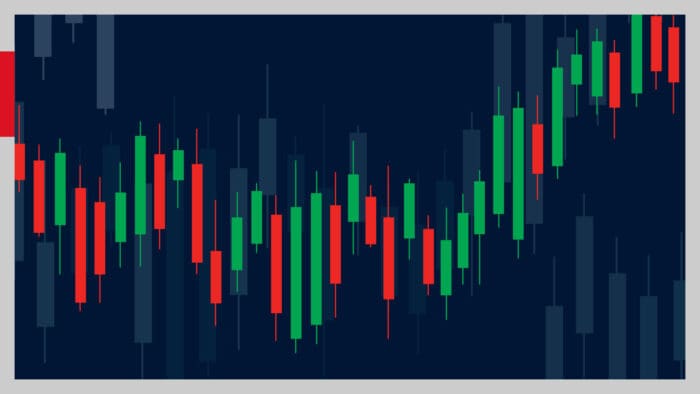


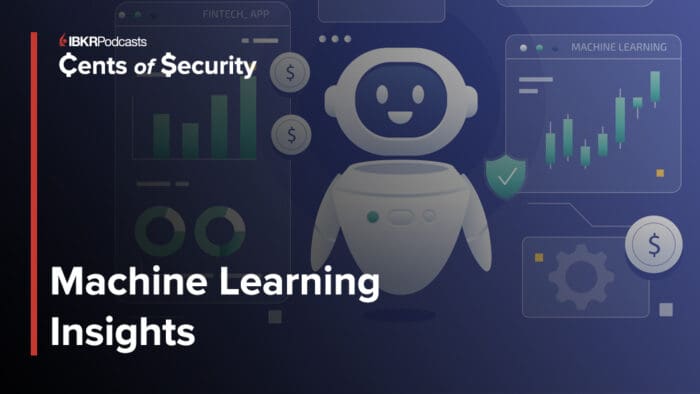



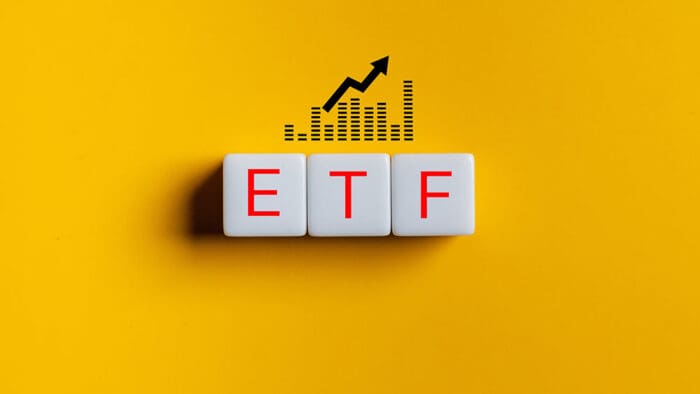

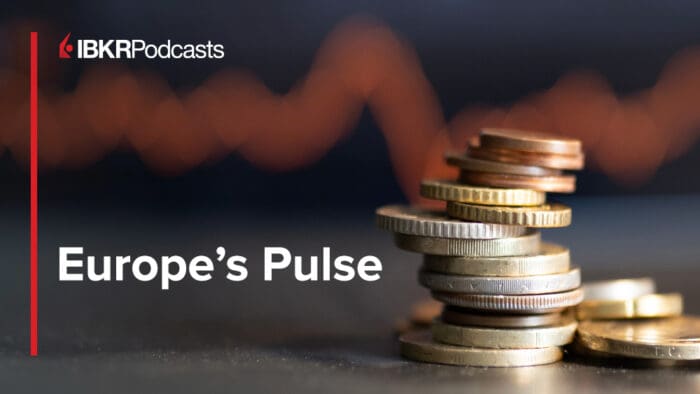
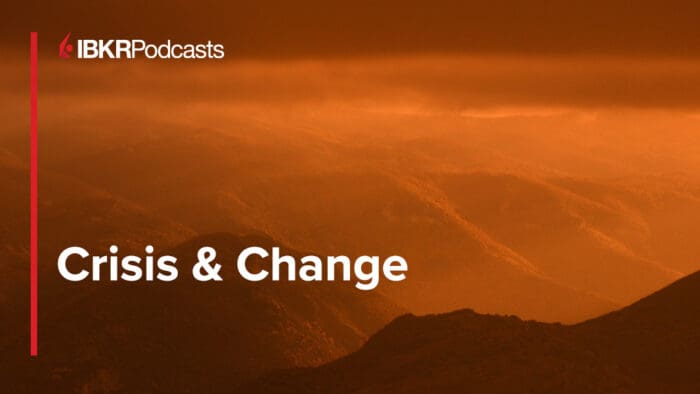








Join The Conversation
If you have a general question, it may already be covered in our FAQs. If you have an account-specific question or concern, please reach out to Client Services.